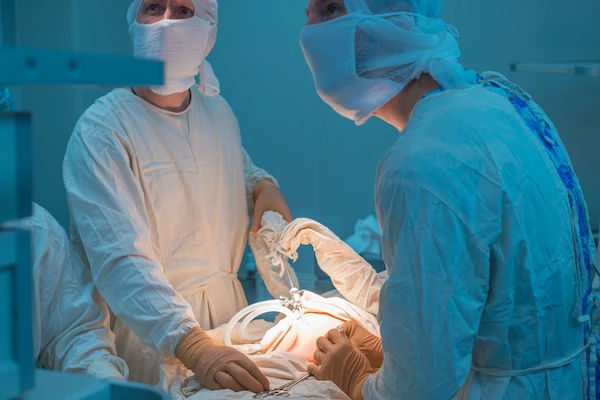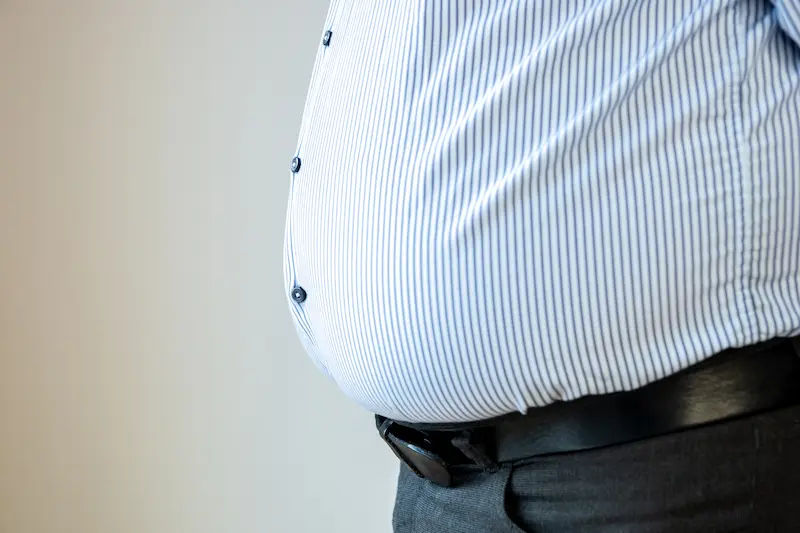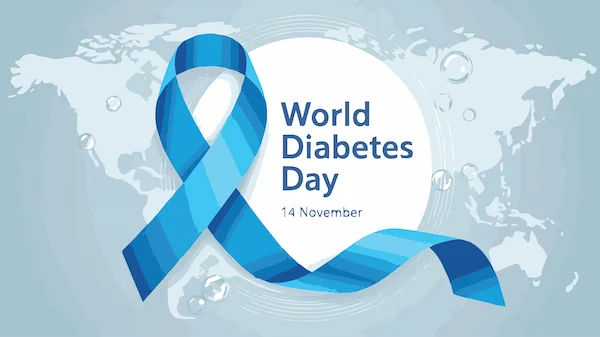Preparing For Gastric Bypass Surgery Diet
Getting ready for gastric bypass surgery? Learn how to follow the pre-surgery diet, why it's essential, and what to eat before and after surgery to support recovery and long-term success.

Written by Dr. J T Hema Pratima
Reviewed by Dr. Shaik Abdul Kalam MD (Physician)
Last updated on 13th Jan, 2026

Introduction
Gastric bypass surgery is a life-changing procedure that helps individuals with obesity achieve significant weight loss and improve their overall health. However, preparing for this surgery involves more than just the operation itself—it requires careful dietary changes before and after the procedure to ensure success and minimise complications.
If you or a loved one is preparing for gastric bypass surgery, this guide will help you understand the dietary steps you need to take, why they matter, and how to make the transition smoother.
Why Is a Pre-Surgery Diet Important?
Before undergoing gastric bypass surgery, your doctor will recommend a special diet. This is not just about losing weight—it serves several crucial purposes:
1. Reduces Liver Size – A fatty liver can make the surgery more difficult. A pre-surgery diet helps shrink the liver, making the procedure safer.
2. Prepares Your Body – Adjusting your eating habits beforehand helps your body adapt to the smaller portions you’ll consume after surgery.
3. Lowers Risks – Following the diet reduces the risk of complications during and after surgery.
4. Starts Healthy Habits – It helps you get used to the eating patterns you’ll need to follow long-term.
Consult Top Specialists for Personalised Advice
What Does the Pre-Surgery Diet Involve?
The exact diet plan may vary depending on your surgeon’s recommendations, but generally, it includes:
1. High-Protein, Low-Carb Diet
- Protein helps maintain muscle mass and promotes healing.
- Low-carb intake helps reduce fat storage, especially around the liver.
- Include foods like lean meats (chicken, turkey, fish), eggs, tofu, Greek yoghurt, and protein shakes.
2. Limited Sugars and Fats
- Avoid sugary foods, sodas, and processed snacks.
- Reduce high-fat foods like fried items, butter, and fatty meats.
3. Smaller, Frequent Meals
- Instead of three large meals, eat 5-6 small meals a day.
- This helps your stomach adjust to smaller portions.
4. Hydration is Key
- Drink plenty of water, at least 8 cups a day.
- Avoid carbonated drinks and sugary beverages.
5. Liquid Diet Before Surgery
- In the final 1-2 weeks before surgery, you may be asked to switch to a full liquid diet of broths, protein shakes, and sugar-free gelatin.
- This ensures your stomach is empty and reduces surgical risks.
Post-Surgery Diet: What to Expect
After gastric bypass surgery, your stomach will be much smaller, and your digestion will change. Your diet will progress in stages:
Stage 1: Clear Liquids (1-2 Days After Surgery)
- Water, broth, sugar-free gelatin, herbal tea.
- This helps prevent dehydration and allow healing.
Stage 2: Full Liquids (Next 1-2 Weeks)
- Protein shakes, skim milk, sugar-free yoghurt, strained soups.
- Avoid straws as they can cause gas.
Stage 3: Pureed Foods (Weeks 3-4)
- Soft, blended foods like mashed vegetables, hummus, scrambled eggs.
- Chew thoroughly and eat slowly.
Stage 4: Soft Foods (Weeks 5-6)
- Soft-cooked vegetables, lean meats, cottage cheese.
- Still no tough or fibrous foods.
Stage 5: Regular Diet (After 6+ Weeks)
- Gradually reintroduce solid foods.
- Focus on protein first, then vegetables, then whole grains.
- Avoid high-fat, high-sugar, and carbonated foods.
Tips for Long-Term Success
Small daily habits may help you maintain weight loss and stay healthy after surgery.
1. Eat Slowly & Chew Well – Your new stomach can’t handle large bites.
2. Prioritise Protein – Helps with healing and prevents muscle loss.
3. Stay Hydrated – But avoid drinking 30 minutes before/after meals.
4. Avoid Empty Calories – Sugary snacks can cause "dumping syndrome" and show symptoms like nausea and dizziness.
5. Take Supplements – You’ll need vitamins B12, iron, and calcium due to reduced nutrient absorption.
6. Follow Up with Your Doctor – Regular check-ups ensure proper recovery.
When to Seek Help
Contact your doctor immediately, if you experience:
- Severe nausea or vomiting
- Persistent pain
- Difficulty keeping food down
- Signs of dehydration, like dizziness and dark urine
Final Thoughts
Preparing for gastric bypass surgery is a journey that requires commitment, but the long-term health benefits are worth it. By following your pre- and post-surgery diet plan, you’ll set yourself up for success and a healthier future.
If you have questions or need guidance, don’t hesitate to consult a nutritionist or your healthcare provider. Apollo24|7 offers expert consultations and support—book an appointment today to get personalised advice for your surgery journey.
Consult Top Dieticians
Consult Top Dieticians
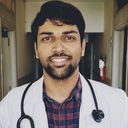
Dr Venkata Naga Sai Tribhushan Rambhatla
General Physician
3 Years • MBBS
Bengaluru
PRESTIGE SHANTHINIKETAN - SOCIETY CLINIC, Bengaluru

Ms. Sushma Jaiswal
Dietician
42 Years • M.Sc.(Food & Nutrition)
Bengaluru
Swasthya Nutrition, Bengaluru

Ms Malabika Datta
Dietician
19 Years • Bsc (Clinical Nutrition & Dietetics), Msc (Dietetics & Food Service Management)
Kolkata
Malabika’s Diet Clinic, Kolkata

Ms. Suhita Sinha
Dietician
8 Years • BSC Food & Nutrition
Kolkata
Chikitsa Medicare Centre Pvt. Ltd.Sattelite Centre Behala Chowrasta, Kolkata
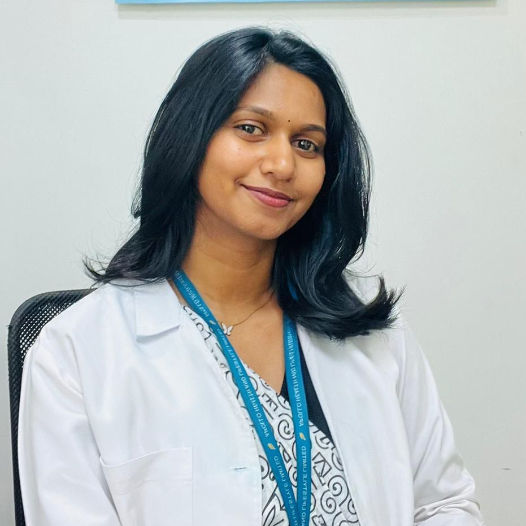
Ms. Neelanjana J
Dietician
5 Years • Bsc., Msc. Nutrition and Dietetics specialised general weight management, PCOS/PCOD weight loss and Diabetes management. A clinical dietitian with 4+ year experience specializing in evidence-based, result-oriented nutrition therapy. I have extensive experience in weight loss, thyroid management, PCOD/PCOS, weight gain, and diabetes & prediabetes care. My approach is personalized, practical, and sustainable—focusing on helping individuals achieve long-term lifestyle change rather than quick fixes. I work closely with clients to understand their medical history, lifestyle, and goals, and then design customized diet plans that support hormonal balance, metabolic health, and overall wellbeing. My goal is to make nutrition simple, realistic, and effective—so you see measurable results and feel your healthiest self.Auther in Health benefits of jackfruit (Artocarpus heterophyllus Lam.) seeds: A review (2023) The Pharma Innovation Journal Co- Auther in Malnutrition in Women: A review (2023) The Pharma Innovation Journal. Highfield Level 3 in HACCP. Highfield Level 4 International Award in Food Safety Managment
Bengaluru
Apollo Clinic, JP nagar, Bengaluru
Consult Top Specialists for Personalised Advice

Dr Venkata Naga Sai Tribhushan Rambhatla
General Physician
3 Years • MBBS
Bengaluru
PRESTIGE SHANTHINIKETAN - SOCIETY CLINIC, Bengaluru

Ms. Sushma Jaiswal
Dietician
42 Years • M.Sc.(Food & Nutrition)
Bengaluru
Swasthya Nutrition, Bengaluru

Ms Malabika Datta
Dietician
19 Years • Bsc (Clinical Nutrition & Dietetics), Msc (Dietetics & Food Service Management)
Kolkata
Malabika’s Diet Clinic, Kolkata

Ms. Suhita Sinha
Dietician
8 Years • BSC Food & Nutrition
Kolkata
Chikitsa Medicare Centre Pvt. Ltd.Sattelite Centre Behala Chowrasta, Kolkata

Ms. Neelanjana J
Dietician
5 Years • Bsc., Msc. Nutrition and Dietetics specialised general weight management, PCOS/PCOD weight loss and Diabetes management. A clinical dietitian with 4+ year experience specializing in evidence-based, result-oriented nutrition therapy. I have extensive experience in weight loss, thyroid management, PCOD/PCOS, weight gain, and diabetes & prediabetes care. My approach is personalized, practical, and sustainable—focusing on helping individuals achieve long-term lifestyle change rather than quick fixes. I work closely with clients to understand their medical history, lifestyle, and goals, and then design customized diet plans that support hormonal balance, metabolic health, and overall wellbeing. My goal is to make nutrition simple, realistic, and effective—so you see measurable results and feel your healthiest self.Auther in Health benefits of jackfruit (Artocarpus heterophyllus Lam.) seeds: A review (2023) The Pharma Innovation Journal Co- Auther in Malnutrition in Women: A review (2023) The Pharma Innovation Journal. Highfield Level 3 in HACCP. Highfield Level 4 International Award in Food Safety Managment
Bengaluru
Apollo Clinic, JP nagar, Bengaluru
.webp)
_0.webp)
